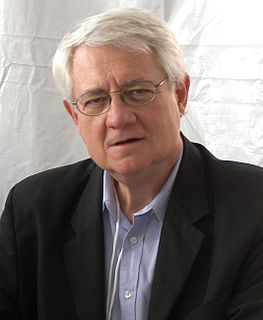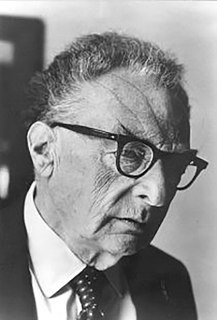A Quote by Roy Blount, Jr.
According to scholars of linguistics, the relation between a word and its meaning is arbitrary.
Related Quotes
A word is an arbitrary label - that's the foundation of linguistics. But many people think otherwise. They believe in word magic: that uttering a spell, incantation, curse, or prayer can change the world. Don't snicker: Would you ever say, 'Nothing has gone wrong yet' without looking for wood to knock?
The truly monumental can only come about by means of the most exact and refined relation between parts. Since each thing carries both a meaning of its own and an associated meaning in relation to something else - its essential value is relative. We speak of the mood we experience when looking at a landscape. This mood results from the relation of certain things rather than from their separate actualities. This is because objects do not in themselves possess the total effect they give when interrelated.
Whenever we remember a series of events, we remember them different. We are constantly changing. It's a flaw, but on the other hand, when we say a word, the meaning is not what you put into it. Rather, the meaning of the word is all of the past usages of that word. Like this cloud that makes up the meaning of the word. It's your subject if you write. For instance what you put in that word and what you assume it means, even its flaw. It has a general agreement.
The world's most 'primitive' people have few possessions, but they are not poor. Poverty is not a certain small amount of goods, nor is it just a relation between means and ends; above all it is a relation between people. Poverty is a social status. As such it is the invention of civilization. It has grown with civilization, at once as an invidious distinction between classes and more importantly as a tributary relation.
In case any are puzzled by the different translations from which I draw strength and help and delight, it is like this: In studying any object with the microscope we use different lenses and turn the mirror in various ways; each change brings out some new wonder and beauty. So it is for those who are not Greek or Hebrew scholars, and who use the work of scholars to open the meaning of the exhaustible Word-the Bible is richer than any single version can fully show.






































